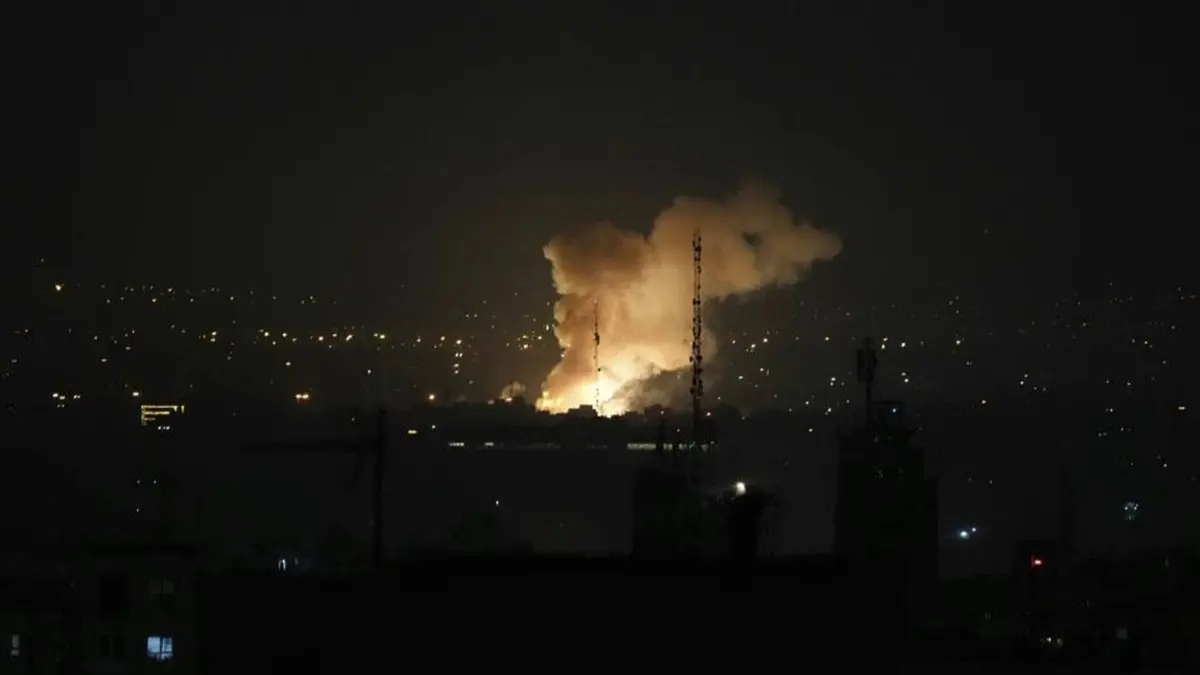Updated 21 June 2025 at 00:18 IST
European-Iranian Nuclear Talks in Geneva End Without Breakthrough
“Israel will not stop. Not until Iran’s nuclear threat is dismantled, not until its war machine is disarmed," Israel's ambassador to the UN said.
- World News
- 3 min read

On Friday, June 20, 2025, diplomats from Iran and Europe met in Geneva, Switzerland, to discuss Iran’s nuclear program amid escalating tensions in the Middle East. The high-stakes talks, held at the Intercontinental Hotel, brought together Iranian Foreign Minister Abbas Araghchi and foreign ministers of the United Kingdom, France, Germany (collectively known as the E3), and the European Union’s foreign policy chief, Kaja Kallas. While no major agreements were reached, the discussions offered a glimmer of hope for future diplomacy.
A Tense Start to Critical Talks
The meeting began on a rocky note, with both sides airing grievances. According to an Iranian source familiar with the discussions cited in a CNN report, “At first, the negotiations were very tense because both sides made allegations against each other about the recent past and about the conditions of the US withdrawal from the (Iran nuclear deal).”
The 2015 Joint Comprehensive Plan of Action (JCPOA), commonly known as the Iran nuclear deal, was a sore point. The U.S. withdrawal from the agreement in 2018 under US President Donald Trump led to renewed sanctions on Iran and Iran’s subsequent breaches of the deal’s limits on uranium enrichment.
The tension wasn’t surprising. Israel’s recent military strikes on Iranian nuclear and military sites, which began on June 12, 2025, as part of “Operation Rising Lion,” have heightened fears of a broader conflict. Iran retaliated with missile attacks on Israeli cities, including Haifa, where at least 17 people were injured. These events, combined with U.S. President Donald Trump’s two-week deadline to decide on potential military involvement, set a fraught backdrop for the Geneva talks.
Advertisement
A Shift Toward Constructive Dialogue?
After a brief pause in the nearly three-and-a-half-hour meeting, the mood improved significantly. The discussions, described as “respectful and serious” by Iran’s state news agency IRNA, allowed all parties to voice their perspectives. The E3 and EU aimed to persuade Iran to curb its nuclear program, particularly its uranium enrichment activities, to prevent the development of nuclear weapons. However, Iran remained firm on a key issue. When asked if Iran would halt its uranium enrichment, the source cited in the CNN report stated, “No, because that is a bold red line for us.”
You Are Not a Victim, Says Israeli Ambassador to Iranian Ambassador
Israel doesn't expect these talks to yield any concrete results. The conflict will continue, for now. At the UNSC meeting today, Israel's ambassador to UN, Danny Danon said to the Iranian Ambassador “How dare you ask the international community to protect you from the consequences of your own genocidal agenda. You are not a victim. You are not a diplomat. You are a wolf disguised as a diplomat, and we are done pretending otherwise”.
Advertisement
“Israel will not stop. Not until Iran’s nuclear threat is dismantled, not until its war machine is disarmed, not until our people and yours are safe,” he added.
Published By : Sagar Kar
Published On: 21 June 2025 at 00:18 IST
